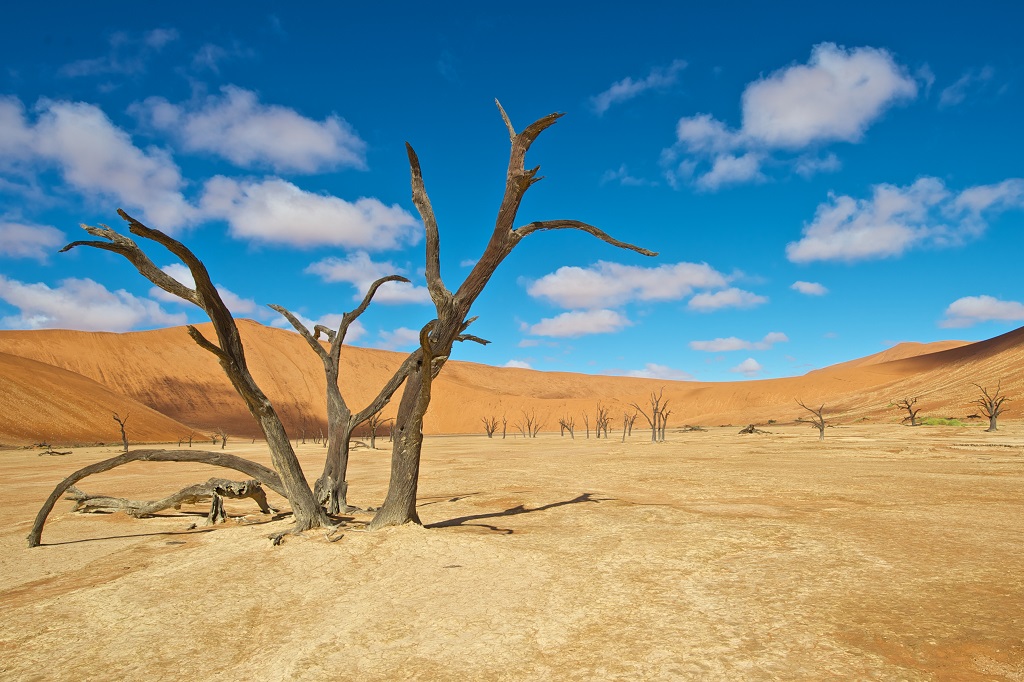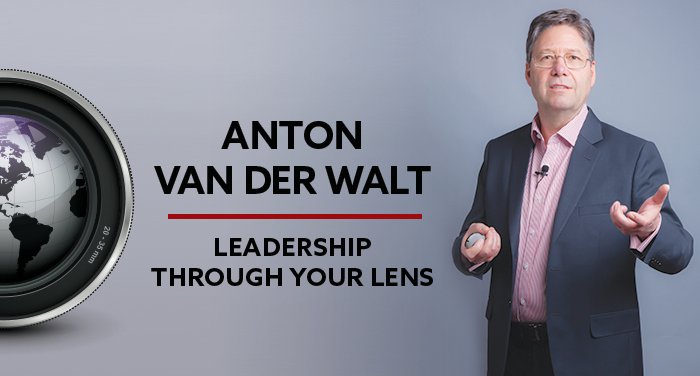The impact of CEOs on a global level is valued in the billions of dollars. Leaders must inspire their teams to be future-proof in disruptive industries. The questions leaders should ask are:
How DO I support my organization with its change efforts?
DO I inspire and engage my team?
DO I reflect on the BEST POSSIBLE VERSION of myself?
WHAT STOPS ME from achieving excellence?
In a KPMG report (The 2017 UAE CEO Outlook – Disrupt and Grow) several findings were made on how CEO’s are embracing disruption, and transforming themselves and their businesses. One key finding is on how CEO’s are evolving personally and professionally. Of the CEO’s surveyed, 64% rated emotional intelligence as important as technical skills. On the CEO’s personal challenges, the report concluded that “CEO’s have been cultivating new, often soft skills or additional qualifications, to ensure they remain current, relevant and best equipped to succeed in their roles. Emotional intelligence and good listening skills have therefore become as valued as technical skills. The ideal is to have an understanding of their own personality, and be open and curious to new influences and collaborations relating to technology, their organization and the customer.”
To be self-aware, is to be conscious of one’s own character and emotions and to understand what drives you, and what derails you. It is about paying attention to what you do, how you do it, and why you do it.
To transform the business, a transformation within leadership is required and this is why self-awareness is such an important first step.
How would I want to be remembered? What kind of legacy do I leave? The decisions that I have made, will they stand the test of time?
I have a photo which I took in a particularly beautiful and very desolate place called “Deadvlei” in the Namib Nauklift Park of Namibia. “Deadvlei” means dead marsh and is the site of a white clay pan near the famous saltpan of “Soussusvlei.” It is reputed to be surrounded by the highest sand dunes in the world; the highest aptly called “Big Daddy.” On average, the dunes reach heights of between 300-400 metres.

According to the Namibian Tourism board it is believed the clay pan formed more than a thousand years ago, when the Tsauchab River flooded after heavy rainfall creating shallow pools of water. Camel thorn trees began to grow in these marshes till the climate changed around 200 years later. Drought then struck the area and the sand dunes that had once encroached on the area soon blocked off the Tsaucheb River and any water from the once luscious marshland soon disappeared.
With no water, the trees could not survive, but they did not disappear. So harsh was the climate that the trees dried out instead of decomposing, and the desert sun scorched them into blackened bones. All that remains now are 900-year-old tree skeletons trapped in a white clay marsh, set against vivid red dunes and a brilliant blue sky. A forest, frozen in time, testament to times long past.
When I look at this image, I inevitably think of what it is that we leave behind. Did I inspire others, did I encourage people to achieve what they believed impossible? Did I believe in others? Was I a good mentor and a wise coach? What example did I set and was I kind and compassionate? Your legacy is not shaped at the end of your time – it is shaped every day by what you do and say and how you turn up. The relationships you have created and the manner in which you have treated people is what you are remembered for.
I believe a lasting legacy is determined by:
- An educated sense of self – understanding what drives us and what derails us. Only once we are able to help ourselves, are we able to help and guide others around us.
- Our value system — what we stand for and what we would not compromise on, given any situation.
- Our ability to question and test the status quo — what did we do to make this a better world, a more sustainable environment and place to work for those who will come after we have gone?
Understanding how to transform your Leadership through Self-Awareness, is therefore pivotal. It is about “Knowing yourself, to be able to lead yourself, and to be able to lead your team and business.”
During my time as a senior executive, I was privileged to mentor an Individual who understood the importance of self-awareness, and the impact it would have in creating a lasting leadership legacy.
At the time, a key HR position had opened up in the Company in which a person with a specific skill-set was required. Someone with Financial and numerical skills as well as with some Manufacturing Industry and shared Service experience. They would have to work on all levels, with blue and white-collar employees, as well as with Union representatives. It was a tall order and potentially could prove to be very challenging.
We sourced a well-qualified female candidate with a good education and whose work experience was directionally correct. She showed great potential and a keen willingness to embrace the challenge.
The position was key to the Company, and at this level of middle management in a global player, could prove to be very demanding. Nothing could have prepared her for the initial shock. Adapting to a new culture is always challenging and with limited regional and global contacts, it is easy to feel very alone. In addition to this she also sat with the added challenge of being a female in a still very much male dominated Industry.
It was clear that she had great leadership qualities. She was incredibly smart and had an instinctive ability to know what needed to be done. In spite of this, there was something holding her back. Could it have been something relating to previous work experience? Whatever it was, I soon realised that it was preventing her from exploring and utilizing her full potential. She agreed to allow me to mentor her and we spent many hours working together. We focused not only on the tasks at hand, but also on a more wider level. We looked at her perception of things, how she sees the world, what drives and motivates her into action, and of course what could potentially be holding her back. Why was she applying the brakes when clearly, she was ready to race ahead and face any and all obstacles?
The one thing in particular which contributed greatly to her success, was her willingness to listen. She would purposefully suspend all judgement, and was prepared to see things from all angles. Her excellent ability for introspection, allowed her to look at herself objectively and without bias. There was a lot to work on, on a personal level, and yet she persevered and asked the necessary difficult questions of herself. In doing so, she stepped out of her comfort zone and away from being a victim to her circumstances. She chose to trust not only her own judgement but she would start to trust others too.
Taking a long, hard look at yourself can be very daunting. Looking at how you turn up, who you spend your time with, and where your priorities lie can never be easy. In choosing not to remain a victim to circumstance, she redefined herself. She rid herself of negative relationships and invested time in her own well-being. She paid attention to what she ate, what she read and what she listened to. She made use of a number of diagnostic tools such as a psychometric assessment, a personality profile and emotional intelligence scores. She was prepared to work on every front!
As a result, her life was set on a new course. Her career accelerated and she attracted the right kind of people into her space. She blossomed. She said something which I will never forget, “Leaders should remain teachable!” Following all this amazing groundwork she had done, the Company offered her an opportunity to further her experience and work overseas. Today, she is a Director of Human Resources of a large global player and multinational company and remains humble and very teachable. She epitomizes the importance of having a strong sense of self-awareness and the effect it has on one’s style of leadership.
So much of one’s own success can be attributed to a strong self-awareness. Understanding ourselves is step number one in understanding others. Know what you can and cannot control and understand what drives you and derails you. “Knowledge is Power,” (Sir Francis Bacon) It is in the understanding of our own minds that we take responsibility for our thoughts and regain our own personal power. This is a crucial component for success and the foundation for a lasting legacy.
__________________________________________________________________________________________________________________
Anton is a leadership expert, mentor, speaker and author who creates inspiring, game-changing global leaders. With more than 15 years’ experience working with multinational CEOs and HR directors in China, the Middle East, South Africa, Europe, Australia and Thailand, he knows what it takes to develop highly engaged teams and create strong, productive and globally competitive businesses.
My services include:
- Keynote speaking at conferences and events.
- Mentoring and executive leadership development for CEOs, C-Suite leaders, HR directors and executive teams.
- Workshops and Leadership programs for mid to senior leaders globally.
I am a prolific writer and author.
My book, Leadership Through My Lens, combines my two passions: leadership and photography. Through my images, stories and insights, my book inspires and encourages professionals on their own journeys through leadership and life.
Are you ready to transform your leadership? Let’s discuss what I can do for you.


